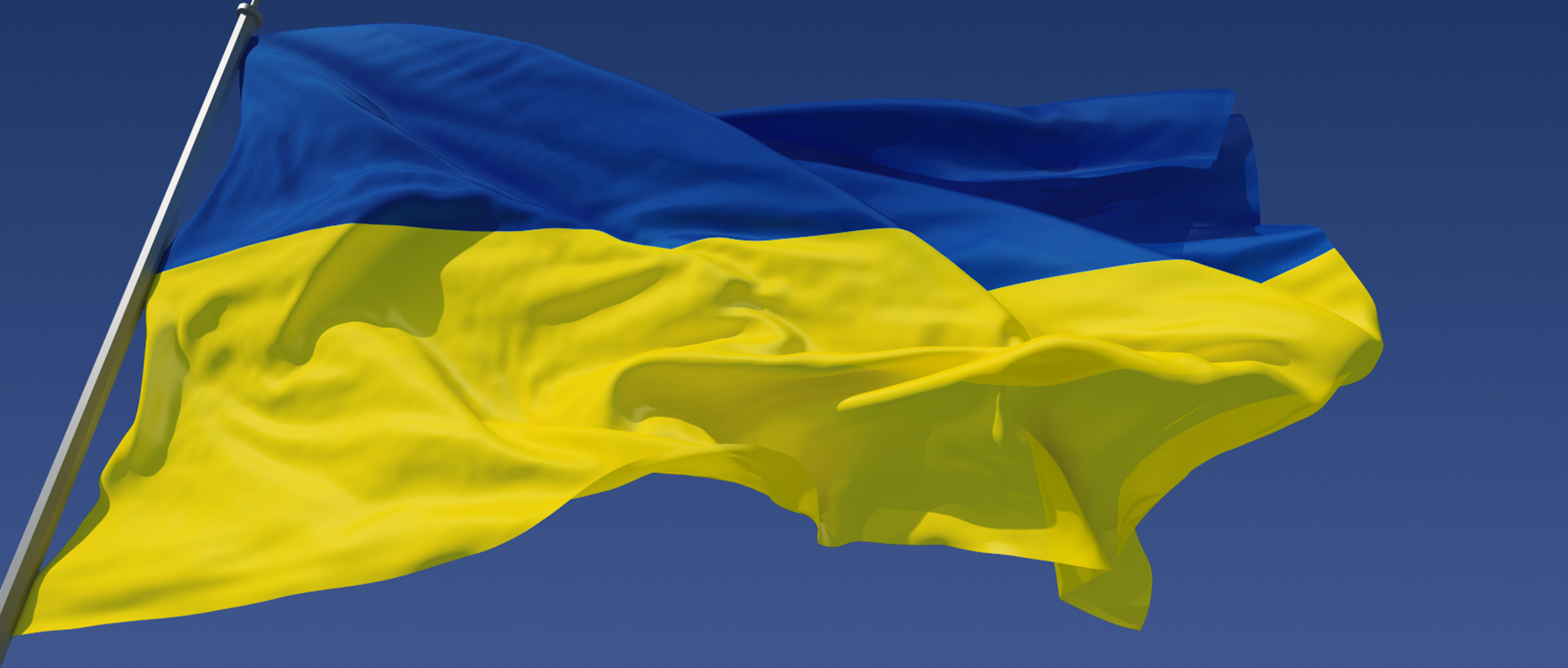Europäische Akademien erklären ihre Solidarität mit der Ukraine

STATEMENT BY THE ALLEA PRESIDENCY IN SUPPORT OF UKRAINE, ITS CITIZENS AND ACADEMIC INSTITUTIONS
ALLEA, the European Federation of Academies of Sciences and Humanities, reacts with shock and deep regret to the military incursion by Russia into Ukraine. We call on the Russian government to respect the international conventions on the protection of civilians and cultural artefacts and express our deep concern for the safety of our academic colleagues.
ALLEA notes the danger this represents to Ukrainian scientific institutions, academics, and international research collaboration and has expressed its full solidarity and support to our Ukrainian member, the National Academy of Sciences of Ukraine. We also acknowledge that members of the Russian scientific community, who have spoken out against the current aggressions, may equally come under threat. In the interest of safeguarding academic freedom and the autonomy of science and research, we will closely monitor the situation and contemplate
taking appropriate further measures in support of our Ukrainian member academy, its fellowship,
and the academic community.
There is no legitimacy to the actions undertaken to sabotage the peace, stability, and autonomy of the Ukrainian nation. In these difficult times, we stand up against the blatant attacks by the
Russian government against a sovereign state, against democracy and against innocent people.
About ALLEA
ALLEA is the European Federation of Academies of Sciences and Humanities, representing more than 50 academies from over 40 countries in Europe. Since its foundation in 1994, ALLEA speaks out
on behalf of its members on the European and international stages, promotes science as a global public good, and facilitates scientific collaboration across borders and disciplines. Jointly with its Member Academies, ALLEA works towards improving the conditions for research, providing the best independent and interdisciplinary science advice, and strengthening the role of science in society.
In doing so, it channels the intellectual excellence and experience of European academies for the benefit of the research community, decision-makers and the public.


